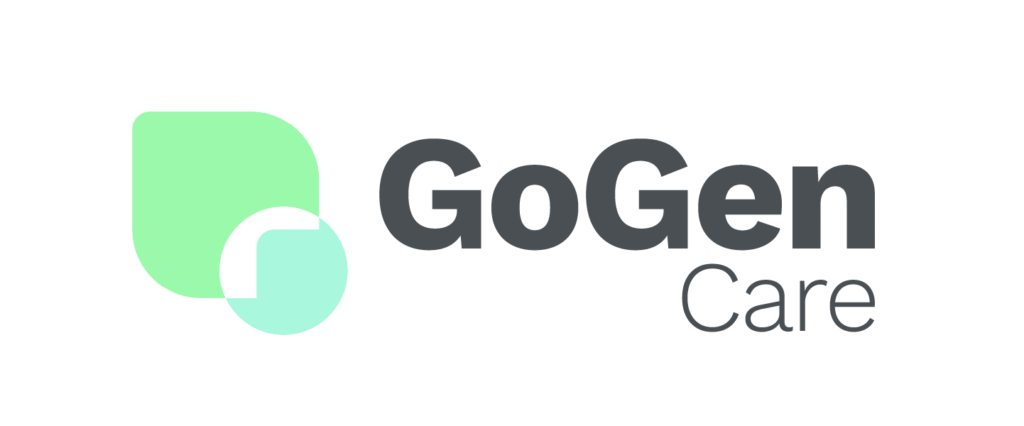At HealthRescue Partners, we’re committed to helping healthcare providers streamline their medical billing processes and improve their financial outcomes. As technology continues to evolve, so does the way we handle medical billing, with AI and automation emerging as powerful tools that can transform the industry. These innovations are not just reshaping the workflow—they’re driving efficiency, reducing errors, and bringing tangible cost savings. In this blog, we’ll explore how AI and automation are revolutionizing medical billing and why this shift is so important for the future of healthcare.
The Challenges of Traditional Medical Billing
Before we dive into the future, let’s take a quick look at the challenges healthcare providers face with traditional medical billing methods. Medical billing is a detailed, time-consuming process that includes everything from entering patient information, assigning medical codes, submitting claims to insurance companies, following up on denials, and ensuring timely payments.
This process, while essential, can also be riddled with inefficiencies:
- Administrative Burden: The manual labor involved in medical billing can be overwhelming. It requires highly trained staff and extensive time for data entry and claims management.
- Errors and Rejections: Simple mistakes, like incorrect coding or missing patient data, can lead to claim rejections and delays in reimbursement, ultimately slowing down cash flow for practices.
- Fraud and Compliance Risks: Fraudulent activities and compliance issues are constant threats in the medical billing world. Staying on top of changing regulations and ensuring accuracy can feel like a never-ending challenge.
- Patient Frustration: When billing errors occur, it doesn’t just affect the healthcare provider—it also frustrates patients, leading to confusion about their bills and insurance coverage.
The result is wasted time, lost revenue, and unnecessary stress for healthcare providers and patients alike. But what if there was a better way?
How AI and Automation Are Transforming Medical Billing
At HealthRescue Partners, we’re seeing firsthand how AI and automation are beginning to reshape the medical billing landscape. These tools are designed to make billing processes smarter, faster, and more accurate. Let’s take a closer look at how these technologies are changing the game.
AI-Powered Coding and Claim Submission
Coding errors are one of the leading causes of claim rejections and delays. Fortunately, AI is here to help. AI-powered systems are able to review patient records, identify diagnoses and treatments, and automatically assign the correct medical codes. This takes the guesswork out of the process and ensures accuracy—reducing the likelihood of errors.
These AI systems aren’t static—they improve over time as they learn from previous claims, enhancing their ability to provide accurate coding. The result? Claims are submitted faster, errors are minimized, and reimbursement timelines are shortened.
Automated Claim Scrubbing
After submission, the system checks the claim for errors through a process called “claim scrubbing” before sending it to insurance companies. Automating this process with AI helps detect common issues—like missing patient details, incorrect codes, or mismatched dates of service—before they cause problems.
By catching these issues early on, AI-driven scrubbing tools help to reduce the chances of claim denials, which in turn saves healthcare providers time and resources. Staff can focus on higher-priority tasks, such as following up on denied claims or managing complex cases, rather than dealing with routine errors.
Predictive Analytics for Payment Processing
Predictive analytics, powered by AI, is another game-changer in medical billing. AI algorithms analyze historical data to predict the likelihood of claim reimbursement and estimate when payments will arrive. These insights help healthcare providers prioritize high-probability claims, reducing time-consuming follow-ups.
This ability to anticipate payments also helps practices manage cash flow more effectively, ensuring that they have a better understanding of when funds will be available to cover operating costs. Predictive analytics make it possible to operate with greater efficiency, reducing the financial strain on practices.
Enhanced Fraud Detection and Compliance
The introduction of AI in medical billing is also making it easier to detect fraudulent claims and ensure compliance with constantly changing regulations. By analyzing patterns in billing data, AI can identify red flags such as overcoding, upcoding, or even duplicate billing. When the system detects suspicious activity, it alerts healthcare providers, allowing them to investigate further before submitting a claim.
In addition, AI systems can be updated automatically to reflect changes in billing codes or regulations, such as the shift to ICD-10. This helps practices stay compliant with healthcare laws, reducing the risk of penalties and audits.
Improved Patient Experience
Medical billing automation isn’t just about improving internal processes—it’s also about enhancing the patient experience. AI can help healthcare providers deliver better communication regarding billing inquiries. Through chatbots or automated messages, patients can receive real-time updates on the status of their claims, check their balances, or clarify their insurance coverage without needing to call the office.
By providing patients with easy access to billing information, healthcare providers can reduce the number of inquiries that staff need to handle, allowing them to focus on more urgent tasks. Patients, on the other hand, benefit from clearer communication, less confusion, and faster resolution of billing issues.
The Road Ahead: Overcoming Challenges and Embracing Change
While the benefits of AI and automation are clear, the transition to these technologies isn’t without its challenges. Healthcare providers must invest in the right tools, train staff, and fully prepare themselves to handle the shift from traditional billing to automated systems.
There are also concerns about data privacy and security, as well as the potential for job displacement due to automation. At HealthRescue Partners, we believe it’s important to strike a balance between embracing technology and maintaining the human touch that’s so critical in healthcare. Automation should complement, not replace, the vital role that billing experts play in managing complex cases and ensuring accurate, ethical billing.
Additionally, ensuring that AI systems are transparent, ethical, and compliant with regulations is crucial to maintaining trust in the technology. At HealthRescue Partners, we take these considerations seriously, and we work closely with our clients to ensure that their AI-powered systems align with industry standards and best practices.
Conclusion: A New Era for Medical Billing
At HealthRescue Partners, we are excited to witness the ongoing transformation in the medical billing landscape. AI and automation are not just buzzwords—they’re powerful tools that are helping healthcare providers enhance accuracy, speed up reimbursement cycles, and reduce costs. These technologies allow practices to focus on what matters most: providing quality care to patients.
As AI and automation evolve, we stay at the forefront of this change, help our clients navigate medical billing complexities, and deliver solutions that drive operational efficiency and financial success.
The future of medical billing is here—and with HealthRescue Partners by your side, you can be ready to embrace the opportunities that AI and automation bring.


